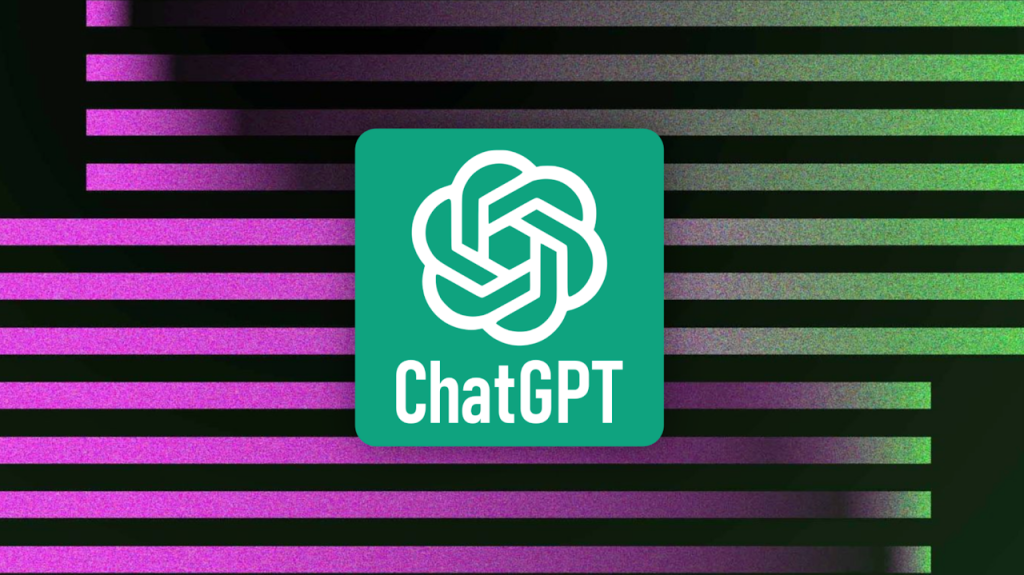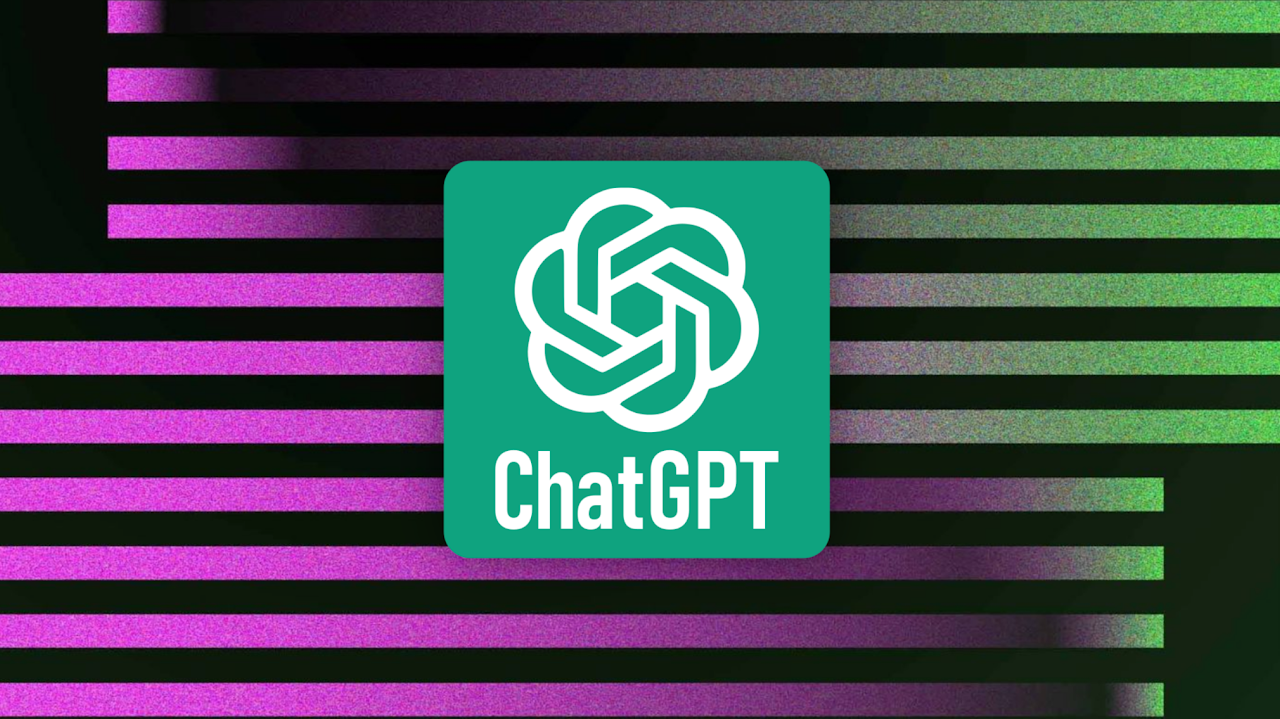For CSE students, ChatGPT can be a valuable resource that can help them enhance their learning experience and achieve their academic goals. From practicing coding skills to learning about new technologies, ChatGPT can provide CSE students with access to a wealth of information and resources. By leveraging ChatGPT, students can get personalized feedback, collaborate with other students, and even receive guidance on complex technical issues.
In this article, we will explore the top 20 ways that CSE students can benefit from ChatGPT. We will discuss how ChatGPT can help students practice coding skills, learn about new technologies, get feedback on their projects, and more. Whether you are a beginner or an advanced CSE student, ChatGPT can be an excellent tool for enhancing your learning experience and helping you achieve your academic goals. So, let’s dive in and explore how you can use ChatGPT to succeed in your CSE studies.
memory management, file systems, and more. You can ask ChatGPT questions such as “What is virtual memory?” or “What is a kernel?” and receive detailed answers that can help you understand these topics better.
- Practice coding: ChatGPT can help you practice coding by providing you with coding challenges and solutions. These challenges can be of varying difficulty levels, which can help you improve your coding skills progressively. Additionally, ChatGPT can provide you with personalized feedback on your code, which can help you identify areas where you can improve.
- Learn new programming languages: If you want to learn a new programming language, you can use ChatGPT to ask questions and get answers. ChatGPT can provide you with information on syntax, data types, control structures, and other essential concepts related to the programming language you want to learn. Moreover, ChatGPT can recommend resources such as tutorials and books that can help you master the programming language.
- Get help with assignments: If you are struggling with a computer science assignment, you can use ChatGPT to get help. ChatGPT can provide you with guidance on how to approach the assignment, suggest resources that can help you complete the assignment, and even provide you with feedback on your work.
- Improve your understanding of algorithms and data structures: ChatGPT can help you understand algorithms and data structures by providing you with explanations and examples. You can ask ChatGPT questions such as “What is a binary search tree?” or “How does the quicksort algorithm work?” and receive detailed answers that can help you understand these concepts better.
- Prepare for exams: If you have a computer science exam coming up, you can use ChatGPT to prepare. ChatGPT can provide you with practice questions and solutions, recommend resources that can help you study, and even provide you with tips on how to approach the exam.
- Learn about machine learning: ChatGPT can provide you with information on machine learning, including tutorials, videos, and articles. You can ask ChatGPT questions such as “What is machine learning?” or “What are some common machine learning algorithms?” and receive detailed answers that can help you understand this complex topic.
- Get career advice: If you are a computer science engineering student and want to know more about your career prospects, you can use ChatGPT to get advice. ChatGPT can provide you with information on different career paths, job prospects, and even help you with your job search.
- Explore new technologies: ChatGPT can help you stay up-to-date with emerging technologies in computer science and engineering. You can ask ChatGPT questions such as “What is blockchain?” or “What is quantum computing?” and receive detailed answers that can help you understand these new technologies better.
- Practice problem-solving: ChatGPT can provide you with coding challenges that can help you practice problem-solving. These challenges can be of varying difficulty levels and cover topics such as data structures, algorithms, and more. Additionally, ChatGPT can provide you with personalized feedback on your solutions, which can help you identify areas where you can improve.
- Get answers to technical questions: If you have a technical question related to computer science or engineering, you can use ChatGPT to get answers. ChatGPT can provide you with information on topics such as software development, database design, networking, and more.
- Learn about computer networks: ChatGPT can provide you with information on computer networks, including network topologies, network protocols, and more. You can ask ChatGPT questions such as “What is the OSI model?” or “What is TCP/IP?” and receive detailed answers that can help you understand these topics better.
- Improve your understanding of operating systems: ChatGPT can help you understand how operating systems work, including topics such as process management, memory management, file systems, and more. You can ask ChatGPT questions such as “What is virtual memory?” or “What is a kernel?” and receive detailed answers that can help you understand these topics better.
- Practice technical writing: ChatGPT can provide you with opportunities to practice technical writing by giving you feedback on your technical documents. You can ask ChatGPT to review your code documentation, research papers, or even resumes, and receive feedback that can help you improve your writing skills.
- Collaborate with other students: ChatGPT can help you collaborate with other computer science engineering students by providing you with a platform to ask and answer questions. You can join chat rooms or online communities dedicated to computer science and engineering, where you can discuss different topics and exchange ideas with other students.
- Learn about cybersecurity: ChatGPT can provide you with information on cybersecurity, including topics such as encryption, network security, and more. You can ask ChatGPT questions such as “What is a DDoS attack?” or “What is a firewall?” and receive detailed answers that can help you understand these topics better.
- Get feedback on your projects: If you are working on a computer science project, you can use ChatGPT to get feedback. ChatGPT can provide you with suggestions on how to improve your project, recommend resources that can help you complete your project, and even provide you with ideas for new features.
- Learn about software development methodologies: ChatGPT can provide you with information on different software development methodologies, including agile, waterfall, and more. You can ask ChatGPT questions such as “What is the agile methodology?” or “What are the different phases of the waterfall model?” and receive detailed answers that can help you understand these methodologies better.
- Get help with debugging: If you are struggling with debugging your code, you can use ChatGPT to get help. ChatGPT can provide you with guidance on how to approach debugging, suggest resources that can help you debug your code, and even provide you with personalized feedback on your solutions.
- Learn about cloud computing: ChatGPT can provide you with information on cloud computing, including topics such as virtualization, cloud deployment models, and more. You can ask ChatGPT questions such as “What is virtualization?” or “What is a private cloud?” and receive detailed answers that can help you understand these topics better.
- Enhance your critical thinking skills: ChatGPT can help you enhance your critical thinking skills by providing you with opportunities to solve complex problems. You can ask ChatGPT for coding challenges or practice problems, and receive personalized feedback on your solutions. By solving complex problems, you can improve your problem-solving skills and enhance your critical thinking abilities.
Disclaimer:
Writen by ChatGPT. Prompts by me(Nayeem Ahmad).











